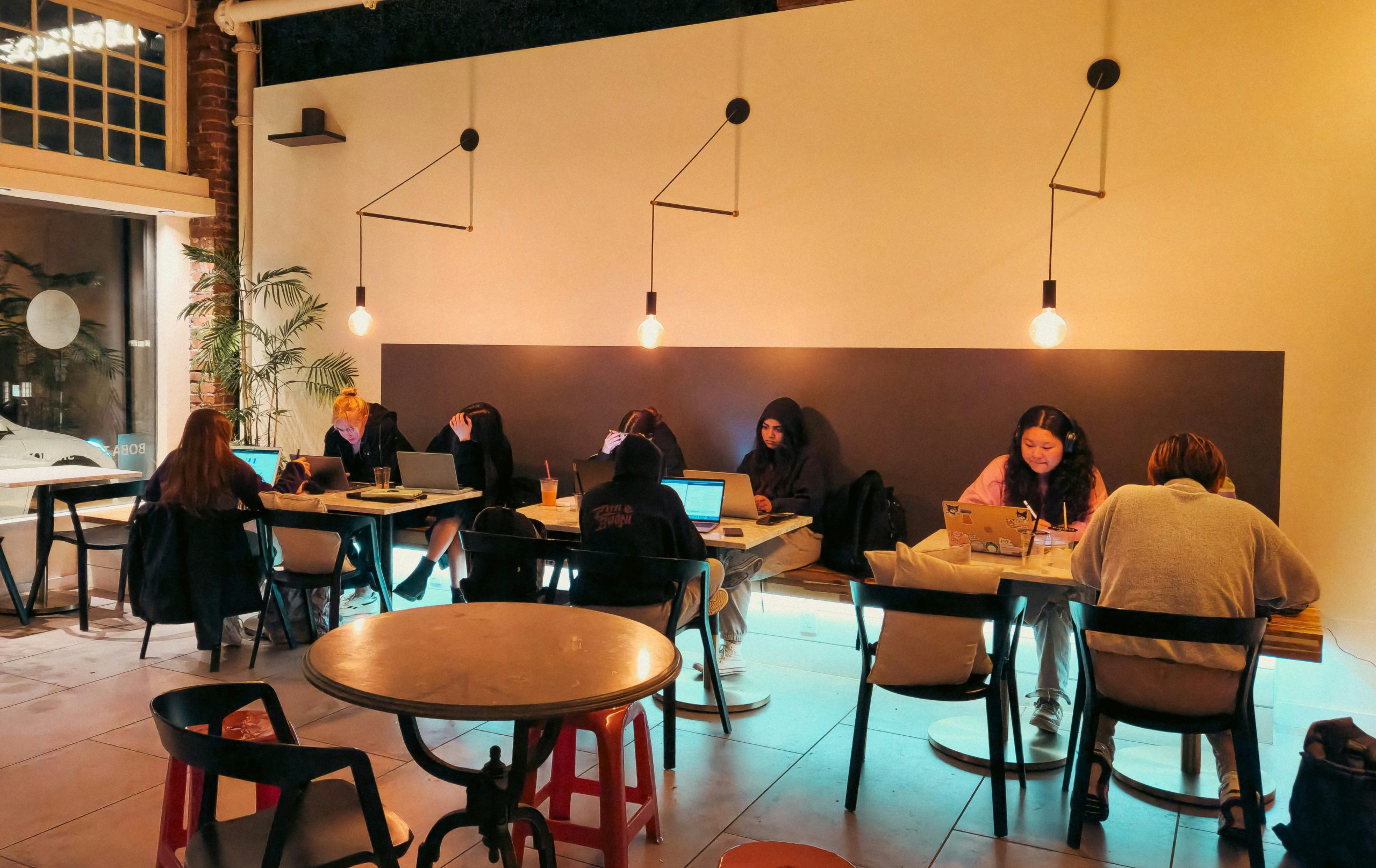
“No Sabos” are Reclaiming Their Heritage

The internet is full of polarizing debates, but one in particular has withstood the test of time: Is speaking Spanish a requirement to truly be Mexican? Does not speaking the language of your motherland make you any less Mexican? And what exactly defines a “no sabo” kid? In 2025, these questions still spark heated conversations across social media platforms, family dinner tables, and identity forums.
A Pew Research survey found that although the majority of Latinos in the U.S. speak Spanish, a significant portion do not. About 24% of Latino adults say they speak little to no Spanish. This number rises sharply among third-generation and later Latinos, around 65% report that they are not able to hold a conversation in Spanish.
For many Mexican Americans, the experience of growing up between two cultures, often speaking English at school and hearing Spanish at home, has created a complex relationship with language and heritage. Some view language fluency as a marker of authenticity, while others argue that identity runs deeper than vocabulary. Still, criticism persists: Is it fair to shame those who never had the chance, or the option, to become fluent in Spanish?
Identity
We all feel a desire to belong, to be shaped by something larger than ourselves. Language is one of those elements that becomes inseparable from identity. It influences how we think, how we understand certain concepts, and how we organize our ideas.
For Mexicans born abroad, not speaking Spanish has often led to mockery, even exclusion, by members of their own community. What should be a bridge to belonging sometimes becomes a barrier.
Pew Research’s study on Latinos’ Views of and Experiences With the Spanish Language supports this:
“Personal Hispanic identity is related to views about Spanish. U.S. Hispanics who consider their Hispanic identity to be extremely or very important to how they think about themselves are more likely than other Hispanics to say it’s important for future generations to speak Spanish. They are also more likely to say it is necessary for someone to speak Spanish in order to be considered Hispanic.”
Veronica Benavides, founder of the Language Preservation Project, has spoken about how historical trauma shaped her family’s relationship with Spanish. Her parents, who grew up in South Texas, were physically punished for speaking Spanish in school and were later discouraged from teaching the language to their children, being told it would confuse them in the classroom.
Via: LA Times
Many second- and third-generation immigrants don’t get the option to speak and practice Spanish due to discrimination in school. Often, this is the result of parents trying to protect their children from the difficult experiences they themselves endured. Ironically, the choice to preserve their children’s innocence and childhood can become one of the biggest sources of exclusion from their own community later in life.
The Reclaiming Era
Pew Research found that the majority of Latinos (65%) say it is at least very important that future generations of Latinos in the U.S. speak Spanish, including one-third who say it is extremely important. Only 5% say it’s not important at all.
Recently, the internet has been flooded with Mexican Americans reclaiming Spanish. YouTubers like Andre Garcia have shared videos documenting their journeys. One of his videos, which currently has over 170K views, offers a valuable video diary of what motivated him to learn Spanish. He began by taking Spanish in high school, where he learned the basics. During the pandemic, he deepened his learning through digital materials and eventually began initiating conversations with staff at his local supermarket.
The comment section of the video is filled with testimonies from people who’ve had similar experiences. One that stands out reads:
I was a “No sabo” kid for the longest time. After graduating high school, I wanted to immerse myself in a Spanish-speaking culture and finally decided to attend college in Puerto Rico to learn Spanish. Back then, it was also a more affordable option. It wasn’t easy, but thankfully, Latinos are some of the kindest people on the planet and are always willing to help. Even though I spoke Spanish poorly at first, they patiently helped me by correcting my mistakes. I’ve learned that with effort, anyone can master a language, a hobby, or even a career. It just takes the desire to learn and the determination to overcome obstacles.
There are hundreds of similar comments expressing how much more connected people feel to their families and heritage. Most importantly, they highlight the value of not limiting one's potential and putting effort into learning a language that feels authentic to them.
A growing number of people are also choosing to move to Mexico. In 2024, migration attorneys like Doble Nacionalidad Express (DNEXPRESS) processed over 3,000 dual citizenship applications. More and more individuals are recognizing the benefits of reconnecting with their roots and having a “Plan B.”
Many choose dual citizenship not only for themselves but to pass on to their children, granting them access to affordable education, healthcare, banking systems, and the social security benefits that come with being Mexican.



